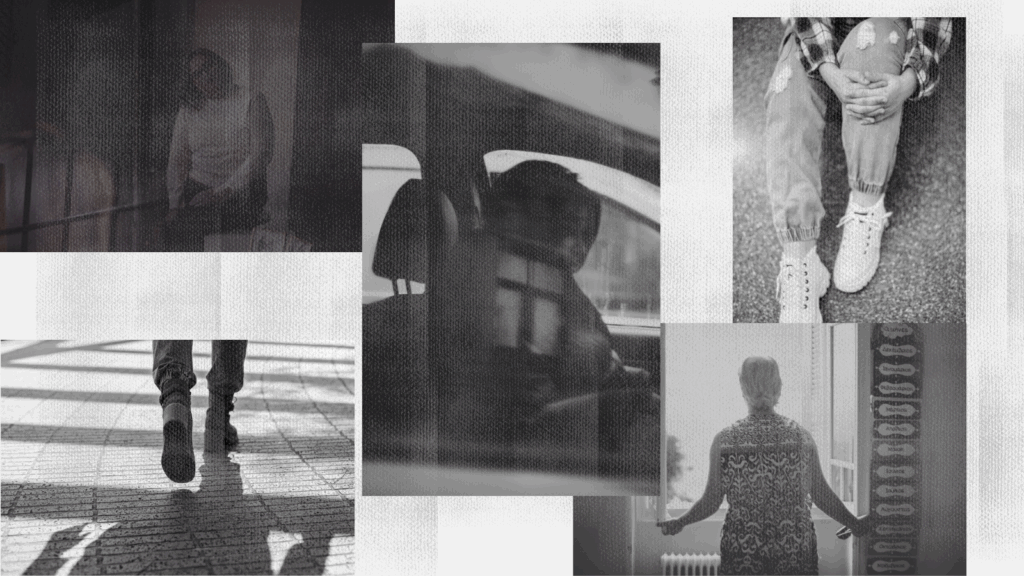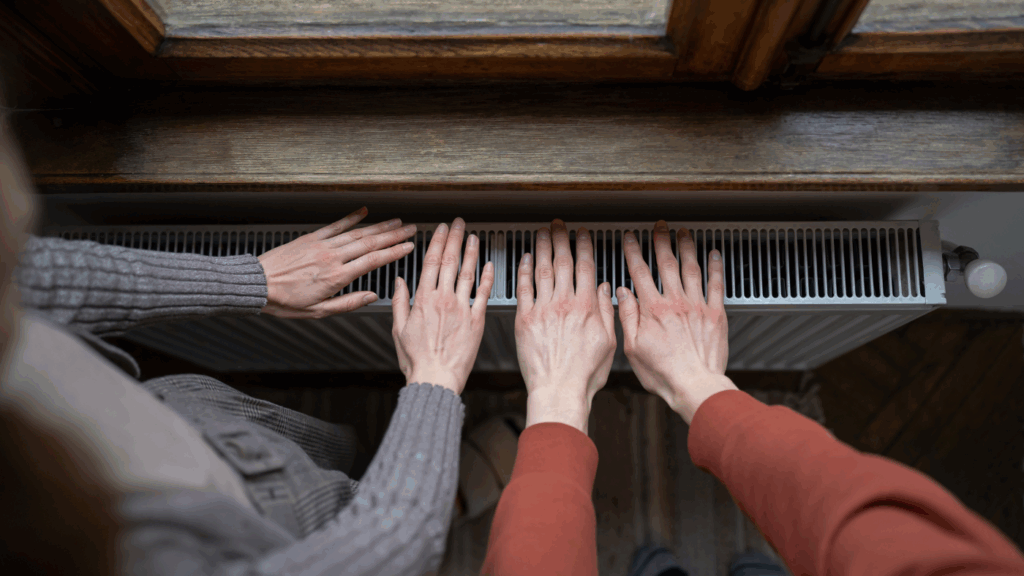Roma face unequal access to education and training opportunities since early stages of life owing to the effects of social exclusion, discrimination, marginalisation and the cycle of poverty. Consequently, Roma experience lower school attendance and completion rates, which has a deep impact in their future labour market inclusion and full participation in society, reinforcing patterns of marginalization and anti-gypsyism. Recognising the need for action highlighted by the European Year of Skills, this year’s Roma Inclusion Network Meeting focused on identifying obstacles and sharing good practices to promote access to lifelong education and skills for Roma.
Our host, the Salvation Army in Slovakia, opened the event in Bratislava by presenting their efforts towards the inclusion of Roma in Slovakia, and explained how they have used EEA and Norway grants grants to develop their projects. In addition, our members, the Deaconess Foundation (Finland), Evangelical Diaconia ECAV (Slovakia), the Salvation Army Netherlands, EUNOIA – LENE (Portugal), and Diakonia Kosova (Kosovo), provided updates on Roma participation, as well as on their work promoting the access to education, training and upskilling for Roma.
The Eurodiaconia team provided an EU policy update on the current state of play of the National Roma Strategic Frameworks, as well as the latest developments concerning the EU Anti-Racism Action Plan 2020-2025. We discussed the relevant role of our members in the monitoring of both frameworks at the national level, and how the new Anti-Racism focus of the European Commission relates to their work as social service providers.
An interactive policy development workshop brought the meeting to a close. The key messages that emerged from the session emphasized the need for more inclusive educational systems, with a particular focus on non-segregated programs. Participants stressed the importance of addressing anti–gypsyism and anti-racism in schools to provide a safe space for Roma. Indeed, they debated the relevance of providing training to teachers, but also social service providers on this matter. The meeting also highlighted the significance of including Roma history and culture in education curricula as a way of empowering Roma, building a more inclusive society and combating antigypsyism.
On the second day, participants visited the Salvation Army´s preschool facilities in Pezinok, as well as their kindergarten and community centres close to the Roma settlement in Plavecký Štvrtok. The participants learned first-hand from the director of the centre, who is also an expert by experience, about their efforts supporting Roma and non-Roma children by providing accessible preschool education, afterschool activities, and their social work with Roma families.
The Roma Inclusion Network Meeting served as a platform for our members to exchange knowledge on working with Roma communities and addressing the barriers preventing their access to education and lifelong training. We would like to extend a special thank you to all the participants.



